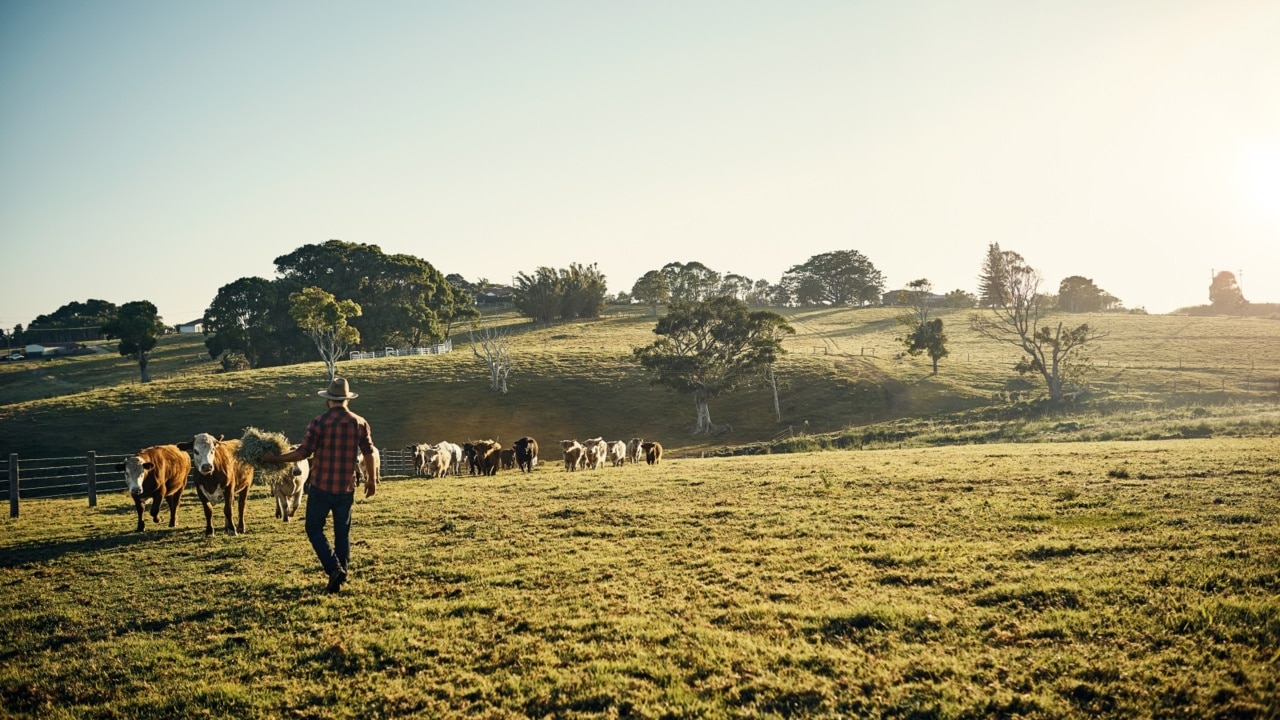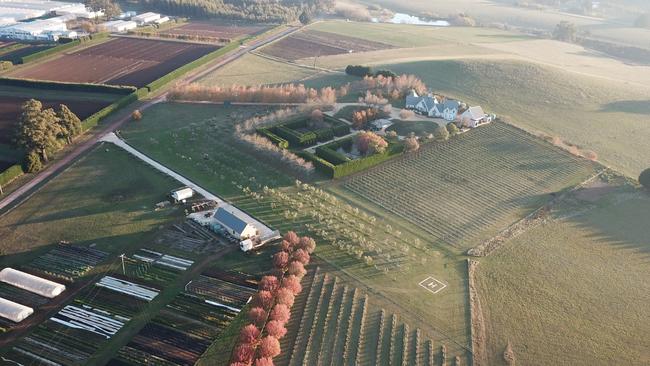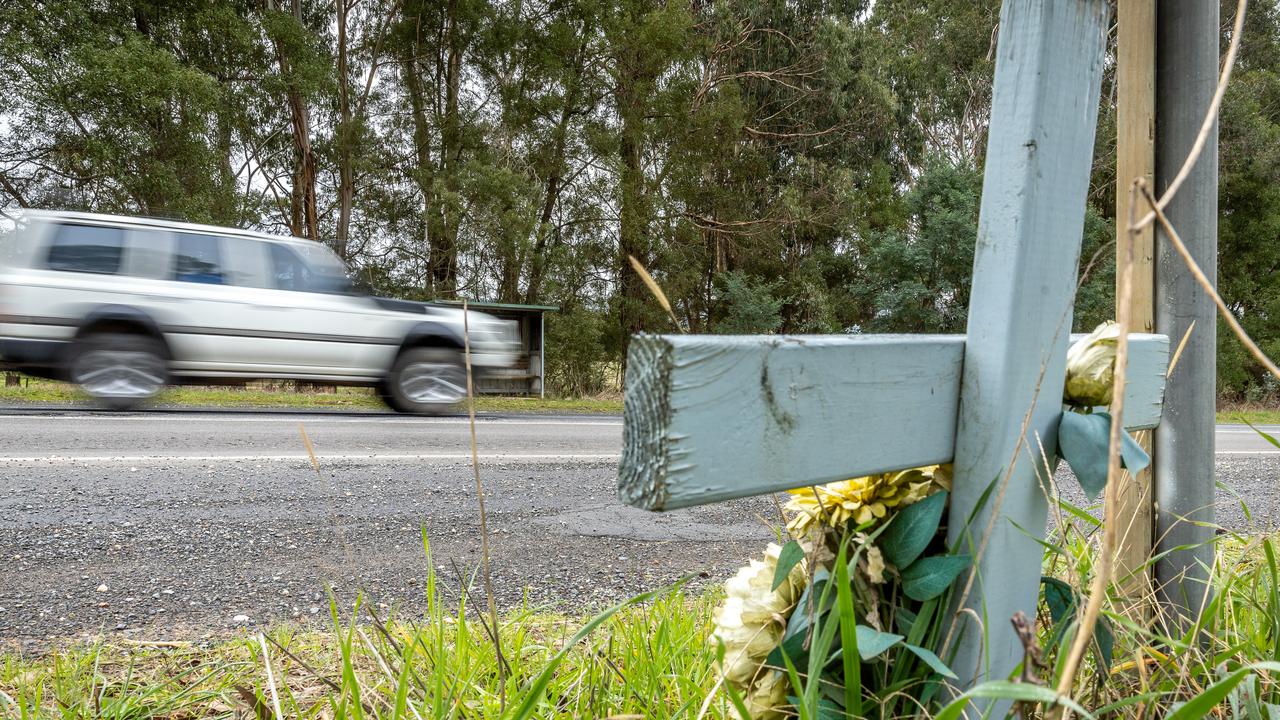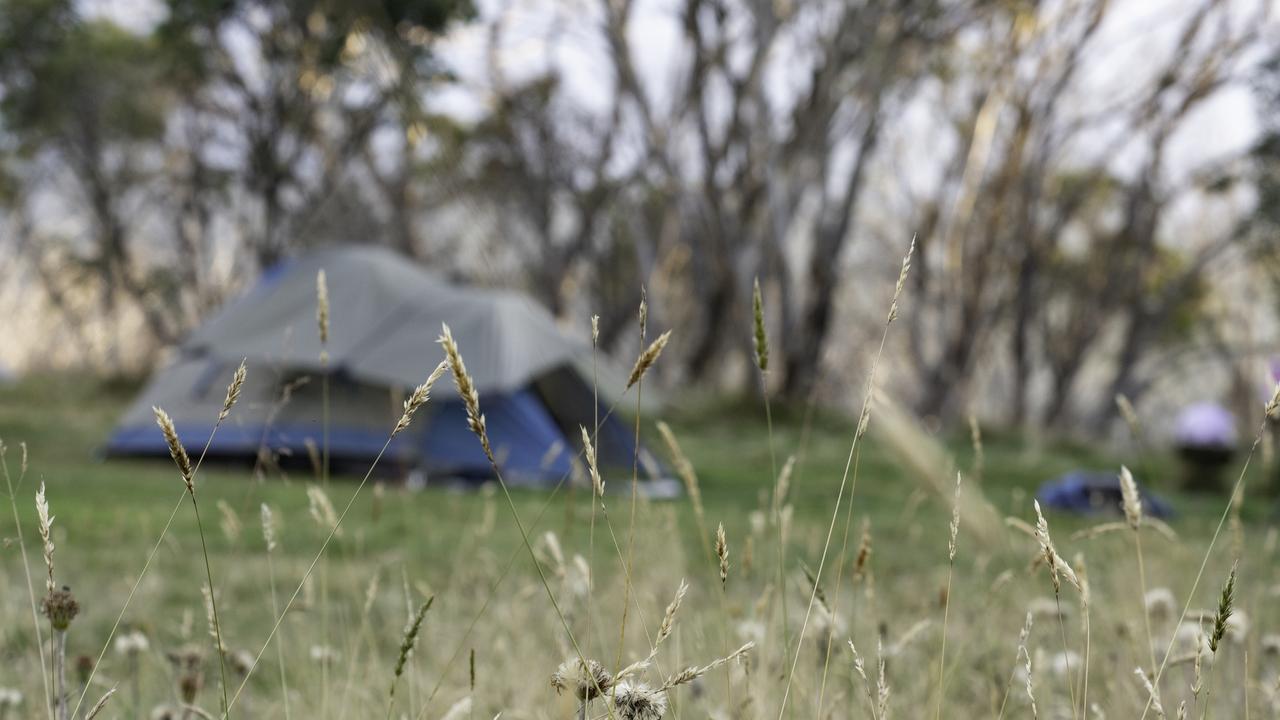FMD: Government biosecurity spending not enough to help VIC
It’s the only state with a tracing system for sheep, but Victoria could be drastically affected if there were an FMD outbreak.

Just one third of the $9 million allocated to improve border biosecurity will be spent on frontline staff and sniffer dogs.
It comes as expert vets say Victoria will find it hard to manage any outbreak of an emergency disease given its farming makeup.
Federal Agriculture Minister Murray Watt last week announced an additional $9 million for boosted biosecurity to protect food and mouth disease entering from Bali.
But The Weekly Times has been told only a portion – $3 million – would be spent on 18 staff and extra detector dogs.
The remaining $6 million will be “allocated to delivery of preparedness activities for foot-and-mouth disease and lumpy skin disease, including targeted diagnostics and surveillance”, a spokeswoman for the minister said.
Farmers heard first hand about the risks of FMD at a Victorian Farmers Federation seminar last week, with the proximity of farms, dense population of livestock, wide range of farm species and enterprises and climatic conditions created “a perfect storm” for an emergency animal disease outbreak, according to one of the state’s top vets.
Agriculture Victoria’s emergency animal disease principal officer Dr Megan Scott said the
‘the mixed species of pigs, sheep and beef are ideal for the spread of diseases”.
“The climatic conditions (in Victoria) are pretty mild when you compare it to places like the northern hemisphere … it’s perfect for the survival of viruses,” Dr Scott said.
“Under the right conditions where it is pretty mild, it can survive for weeks.”

Dr Scott said the high number of ports and processors in Victoria meant there were a lot of animals moving within the state but also a lot of animals moving from other states into Victoria.
She said livestock producers should start thinking of “two borders” – one at the airports and the ports but the other as the fence line around their own farms.
Victoria’s Chief Veterinary Officer Graeme Cooke said significant work was being undertaken to contain FMD to Indonesia.
“The key message is to keep it out – it’s the disease you don’t want to have,” Dr Cooke said.
“(Indonesia) are finding it difficult, and any country would be finding it difficult. They have had a lot of help from the Commonwealth – our first line of defence is to deal with these things off shore.”
Dr Cooke said many Victorian farmers already had strong biological protocols in place and encouraged all primary producers to be alert.
“Have a biosecurity mindset in place,” he said. “Early reporting (from the general public) in order to get on to it as soon as possible- because what happened with FMD in 2001 was widespread disease dissemination, throughout the UK, France, The Netherlands, into Ireland, before it was picked up. Early reporting is a game changer.”




